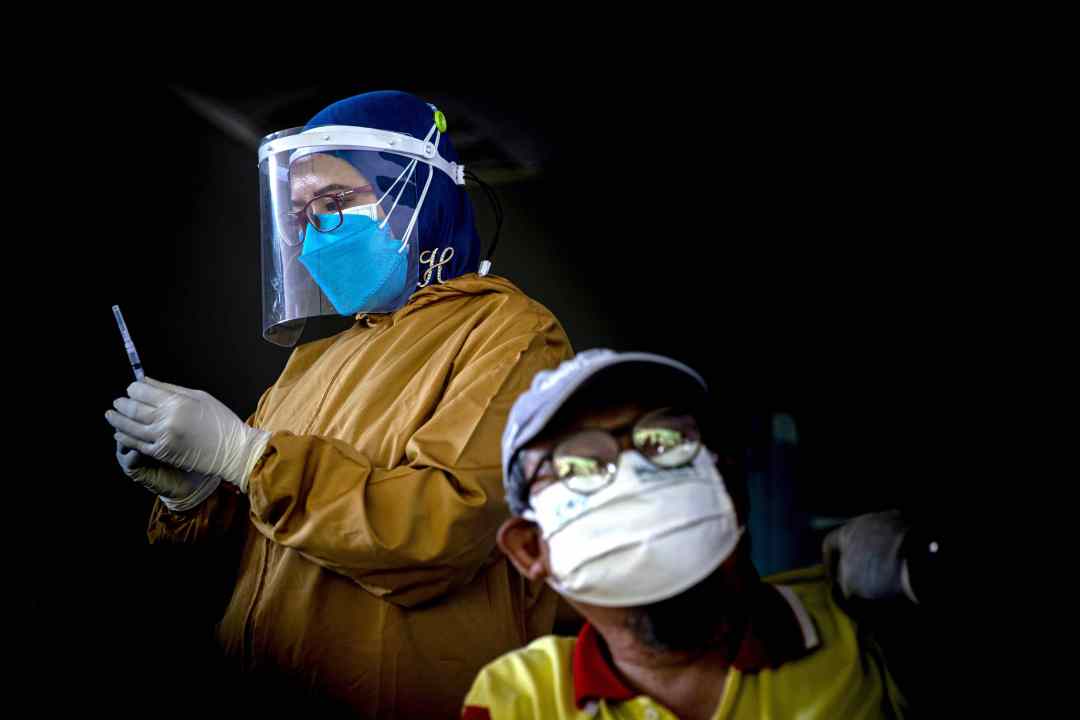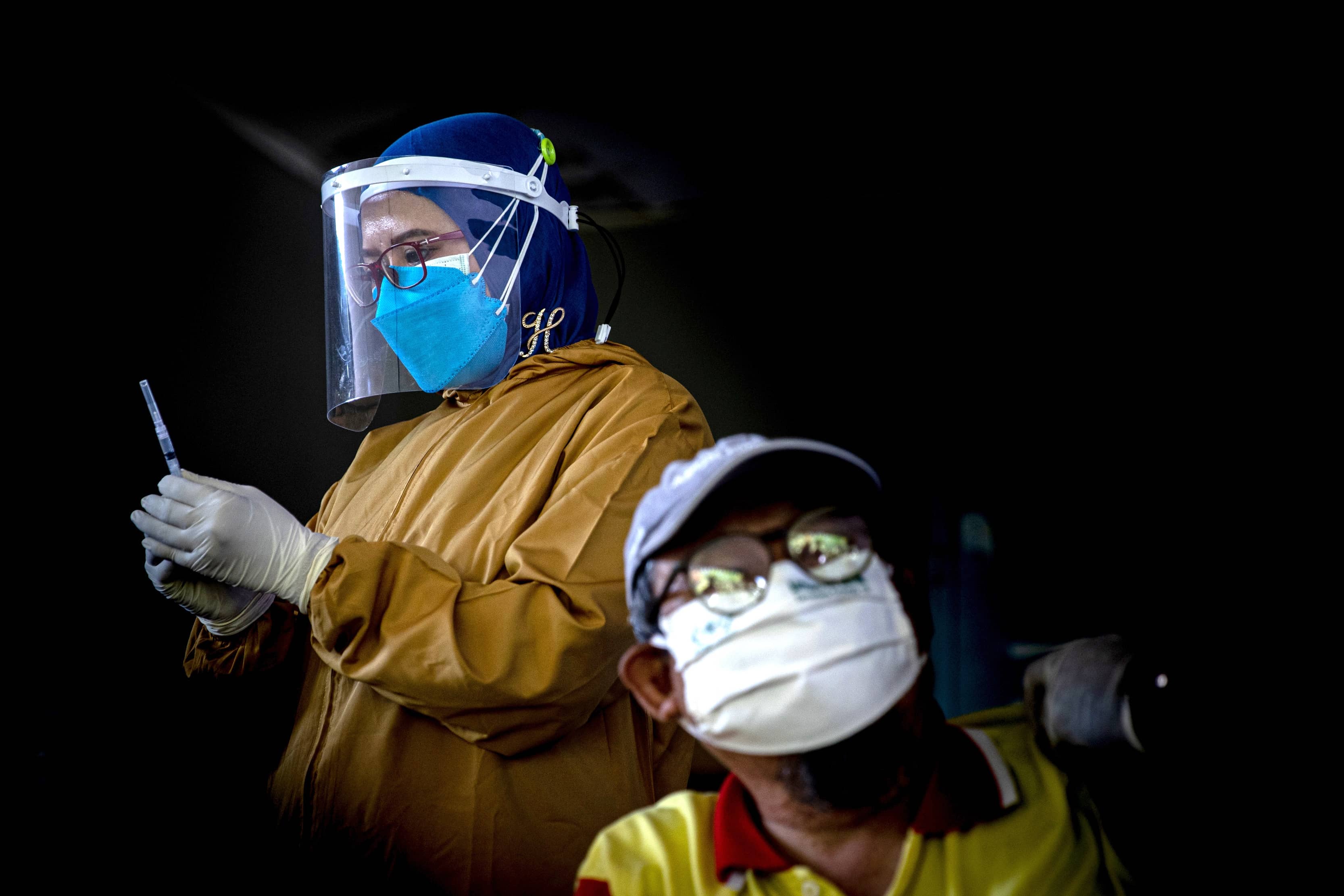At times this summer, the government has been accused of fighting Covid-19 with an undeclared strategy that concentrates on vaccinating the old while allowing the young to build up herd immunity. The effort that the government has put into persuading young people to have the vaccine suggests this is more conspiracy theory than reality. Nevertheless, might it be a good strategy? The preprint of a yet-to-be-published Israeli study comparing the efficacy of the Pfizer vaccine with immunity gained through natural infection suggests that the latter may be more effective and longer-lasting.
Double-jabbed, previously uninfected people are 13 times as likely to get Covid compared with the naturally immune
The team, from Maccabi Healthcare Services, looked at three groups — those double-jabbed with Pfizer who have never had Covid, unvaccinated people who have been infected, and single-jabbed people who have had the virus. They then monitored how many developed symptomatic infection, how many were hospitalised and how many died. Their findings were stark: double-jabbed, previously uninfected people are 13 times as likely to get Covid compared with the naturally immune. Natural infection was also found to significantly reduce the risk of catching symptomatic disease and of being hospitalised with Covid — at least with the Indian or Delta variant, as the study was carried out while it was Israel’s dominant strain this summer. There are the usual caveats. It is a pre-published study that has not yet been peer-reviewed. And it can only tell us about the Pfizer vaccine, on which Israel’s vaccination programme is based. Nevertheless, there are important implications. It suggests that the efficacy of the Pfizer vaccine — so impressive in trials — is not strong enough to bring about the kind of herd immunity we might have gained by letting the virus pass through the population. The same is probably true of other vaccines — as Kate wrote on Coffee House yesterday, recent studies have suggested that the efficacy of AstraZeneca declines over time, too, although not at quite the rate of the Pfizer one.
It also suggests that we might be wasting our time trying to foist jabs on the young when they may have gained better, stronger immunity to Covid through natural infection. But one of the most interesting issues is the new light it sheds on the debate over vaccinating children; perhaps it is better to simply allow them to be infected on the grounds they’re highly unlikely to come to serious harm but are more likely to gain lasting immunity from the disease that way.








Comments